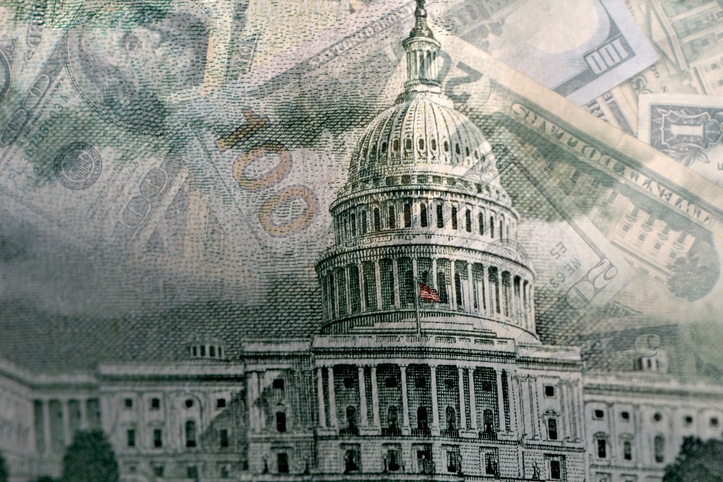On December 23, Congress passed the Anti-Money Laundering (AML) Whistleblower Improvement Act as part of the Omnibus spending package. The AML Whistleblower Improvement Act has been championed by whistleblower advocates as a historic piece of anti-corruption legislation.
“This law is the most important transnational anti-corruption law ever passed. Russian oligarchs, drug dealers, terrorists, corrupt government officials, and tax evaders all engage in money laundering. It is how they hide their ill-gotten gains. This law creates the first effective mechanism to incentivize AML whistleblowers,” said leading whistleblower attorney Stephen M. Kohn of Kohn, Kohn & Colapinto.
The AML Whistleblower Improvement Act offers two reforms to the AML Whistleblower Program which was established in 2021 but has been undermined by legislative loopholes. The reforms are modeled off provisions of the Dodd-Frank Act, which established the highly successful SEC and CFTC whistleblower programs. One provision specifies that under the AML Whistleblower Program, qualified whistleblowers will receive awards of “not less than 10 percent” of the sanctions collected in the relevant enforcement action. Currently there is no statutory minimum for AML whistleblower awards, meaning that awards are purely discretionary.
Secondly, the bill establishes a fund to pay AML whistleblower awards. Like the SEC’s whistleblower fund, it is entirely financed by sanctions collected in whistleblower-assisted cases. This means that whistleblower awards are not reliant on the Congressional appropriations process and do not cost the taxpayers any money.
Furthermore, the AML Whistleblower Improvement Act expands the reach of the AML Whistleblower Program to cover whistleblowers who disclose violations of U.S. sanctions such as those imposed in response to Russia’s invasion of Ukraine. Currently, no U.S. whistleblower law covers sanctions whistleblowing.
“The new law, for the first time, creates a whistleblower law covering people who report sanctions-busting. Anyone who tries to profit by breaking sanctions against ruthless regimes like Russia, North Korea, and Iran risks being turned-in by a whistleblower.” said Kohn. “Prior to the passage of the Improvement Act there were no laws protecting whistleblowers who wanted to report violations of the sanctions implemented against Russia, or any other country.”
Kohn appeared on WNN’s Whistleblower of the Week podcast to discuss the grassroots campaign by whistleblower supporters to get the bill passed.
Further Reading:
The Most Important Anti-Corruption Bill in Years Hangs in the Balance
Urgent Action Needed to Protect Whistleblowers and Hold Russian Oligarchs Accountable
